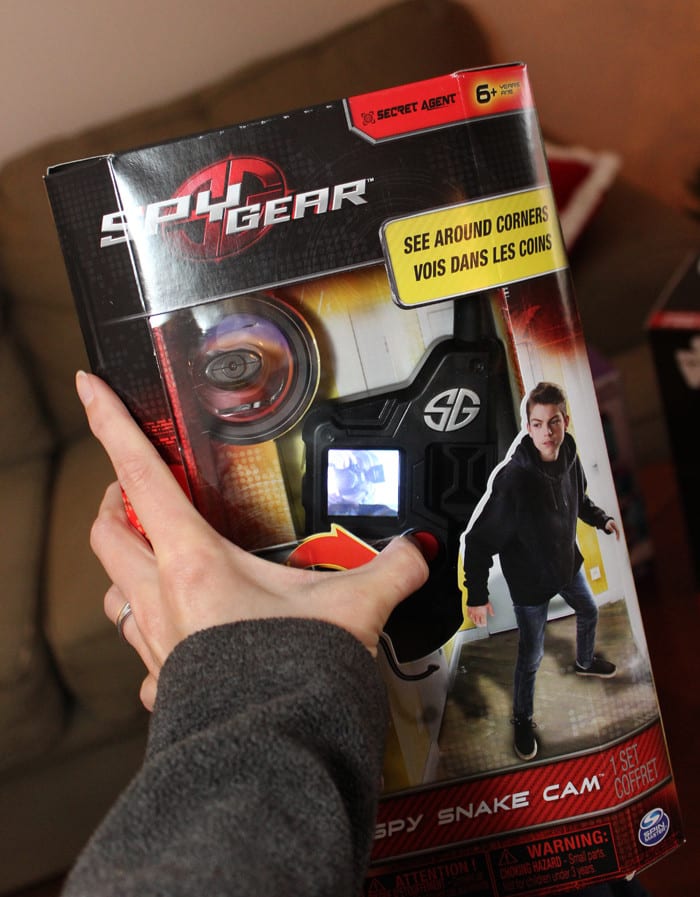

So does this mean you have to tell burglars that they may be recorded if they break into your house? Definitely not. Some states, including California (where the above-described scenario occurred), require dual consent, which means everybody involved needs to be in the loop.

This means that you, the recorder, may know, but the other party doesn’t need to.

Federal wiretapping statutes allow audio recording if one of the two parties consents to the recording. Wiretapping laws vary somewhat from state to state. But wait-wiretapping is audio, so why is that important for security cameras? Most newer Wi-Fi security cameras, including all three of our top picks, record both audio and video, which puts those devices under the governance of wiretapping laws.Ī trespasser waives any expectation of privacy in your home. The use of security cameras, including nanny cams and Wi-Fi cameras, may also fall under federal and state wiretapping laws. What makes this case even murkier is the technology involved. The situation is murky, because although it was a living room-the most public room in a home-it served as a de facto bedroom for the time the guest was using it. But what if a guest is sleeping on your sofa, and likely using that room to dress? The author of this Fusion article describes that very situation: A person sleeping on a friend’s sofa for a few weeks discovered that she was being recorded by a Dropcam (the precursor to the Nest Cam).

Those places should be pretty obvious, as noted earlier-bedrooms and bathrooms are clear examples, as is a changing room if you have a pool. The first: You can’t record video in any location where a person would expect to have a high degree of privacy. You do have the right to record video inside your home without telling anyone, but-well, there are two big buts. For instance, you expect more privacy in a bathroom or bedroom than you do in a kitchen. But once you-or your guests-step into your home, there’s a heightened expectation of what amount of privacy is “reasonable,” though that expectation may vary from room to room. If you’re on the street, in a bar, or even in your front yard, you have very different-and much looser-reasonable expectations of privacy (for example, everyone knows that, even in their own backyard, they might be picked up in a Google satellite image). You can’t record video in any location where a person would expect to have a high degree of privacy. Wi-Fi video camera recording-including the capture of still photos, which most Wi-Fi cameras are capable of-is subject to "reasonable expectation of privacy" guidelines under privacy law, and that can make using these devices a little tricky. Home Wi-Fi security cameras such as our top pick, the Logitech Circle 2, and the popular Google/Alphabet Nest Cam can let you check on pets and family when you’re away, and they may even help you catch a thief red-handed-but if you’re not careful, they can also turn you into a world-class snoop or even a cybercriminal. If you don’t tell your houseguests that a Wi-Fi security camera is recording everything they do and say, you may be breaking the law.


 0 kommentar(er)
0 kommentar(er)
